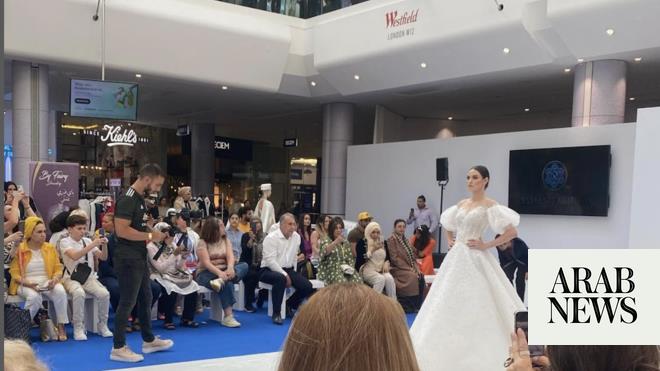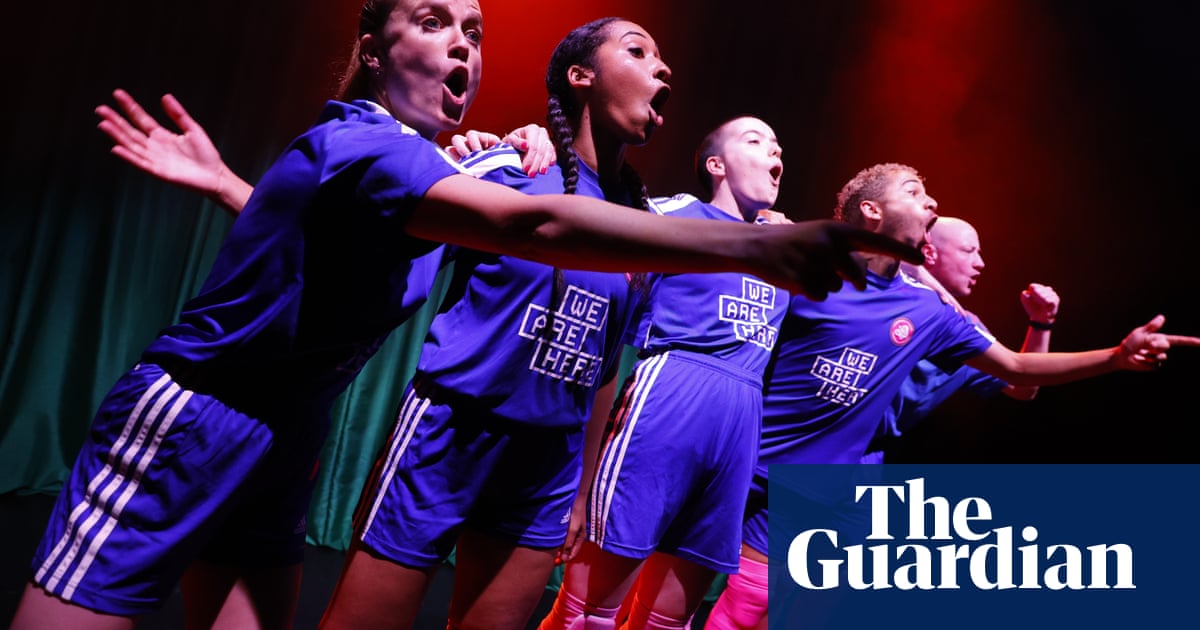
As Dragan Stojkovic’s side kicked off their Euro 2024 campaign, members of west London’s sizeable Serbian community watched on with hope but also real expectation that a potential shock was on the cards.
At The Corner Terrace restaurant on Ealing Common, enthusiastic locals gathered to have traditional delicacies such as pljeskavica and gibanica, and to take in the second match of Group C after Denmark’s draw with Slovenia. Jumping out of their seats frequently during the extended spells of Serbia possession, every momentum shift felt like a collective shot on target.
“Serbia means everything to me,” says the waiter, Jovan Preda. “It is home, I’m from Belgrade, the capital city. I miss freedom and nice people.”
Preda is happy to see his country competing in a major tournament but as a big Red Star Belgrade fan he recounts a bittersweet time in the early 1990s. “My team won the European Cup in 1991 but the year after, Yugoslavia qualified [for Euro 1992] but because of the [Balkan] war Denmark went instead and won the tournament.”
He is extremely positive about Serbian chances this time around, despite the evening ending in a 1-0 defeat. “We will beat Denmark and Slovenia, see what will happen, hopefully we get to the quarter-final, that is the target. [Dusan] Vlahovic gives me hope, he is everyone’s favourite. He has been one of the best players in Italy and I think he will be decisive for Serbia in this tournament.”
Jerdrzej, a 27-year-old Polish man, says he feels an affinity to the Serbian community. “We are Slavic brothers,” he says. “It is a great day for Slavic peoples. Our focus is on Poland but in our part of Europe we are very close so we will try to stick together.”
He came to the UK after Brexit, and he has noticed that the Polish diaspora has “diminished”. He sees it as his job to get positive vibes for the Euros going among his mostly eastern European friendship group. “I tried to make a difference today by getting people together,” he says. “There is a good community here with the Serbs and the Slovenians. We went to the Polish community centre in Ravenscourt Park today. It was a great day, a really authentic experience.”
But what happens if the “Slavic brothers’’ meet later in the tournament? “Let’s not get ahead of ourselves,” he quips. “We all need to get out of the group first.”
Milos Labovic, a Serb based in the Netherlands and working in EU public affairs, says this is his first visit to The Corner Terrace. He has bad memories of previous tournament performances. “Netherlands whooped them a couple of times,” he said. “It was a traumatic experience being the only person in a Serbia shirt and losing. At the same time this team is associated with positivity, the trainer, ‘Piksi’ [Stojkovic] is a legend. We hope we can have a change in track record, and we did well against England, it is close.”
A group of friends – Zoe, Luka, and Ivan – are finishing their raki shots while raving about the cuisine on offer. Luka, who is from Romania, says “you can never get enough white onion on your food”, while Ivan, who is from Russia, says they had to “go back for seconds”.
Zoe, who is Polish-Irish, marvelled at the atmosphere created by eastern European football supporters. “It’s about the heart,” says Zoe. “That’s why I’m here tonight. The English are passionate but the eastern Europeans have this homogeneous sense of support even if there are different parts to them, the heart is so strong. You can feel it in the atmosphere, I felt it today.”












